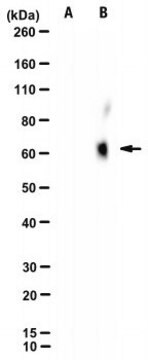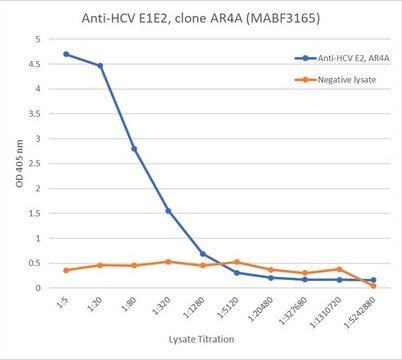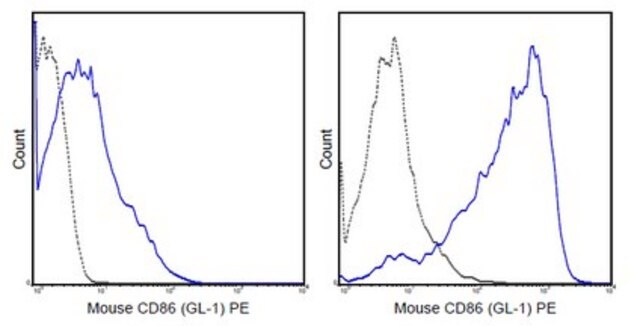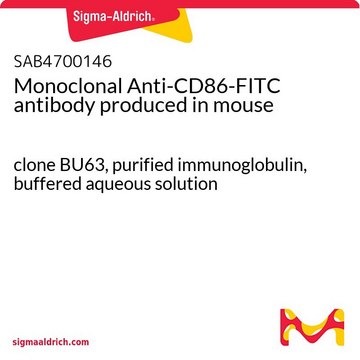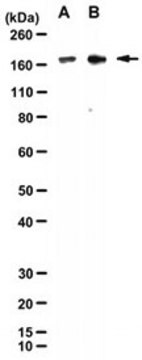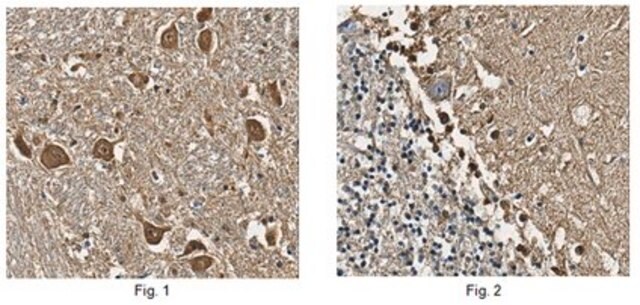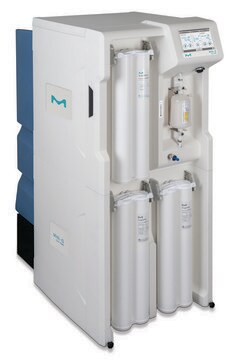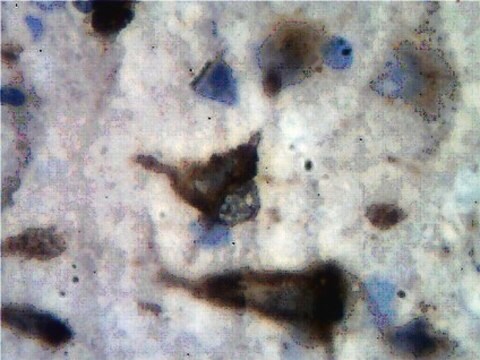MABF3166
Anti-HCV E2 Antibody, clone AR2A
Sinônimo(s):
Genome polyprotein;Envelope glycoprotein E2
About This Item
Neutral
neutralization: suitable
Produtos recomendados
fonte biológica
human
Nível de qualidade
forma do anticorpo
purified antibody
tipo de produto de anticorpo
primary antibodies
clone
AR2A, monoclonal
peso molecular
calculated mol wt 327.15 kDa
purificado por
using protein G
reatividade de espécies
virus
embalagem
antibody small pack of 100 μL
técnica(s)
ELISA: suitable
neutralization: suitable
Isotipo
IgG1
sequência de epítopo
N-terminal half
nº de adesão de ID de proteína
nº de adesão UniProt
temperatura de armazenamento
-10 to -25°C
modificação pós-traducional do alvo
unmodified
Informações sobre genes
vaccinia virus ... E2(684)
Descrição geral
Especificidade
Imunogênio
Aplicação
Evaluated by ELISA in lysate from HEK293T cells transfected with H77E1E2.
ELISA Analysis (ELISA): Envelope glycoprotein E2 was detected by ELISA in various dilutions of lysates from HEK293T cells transfected with H77E1E2, but not in lysate from untransfected cells.
Tested Applications
ELISA Analysis: A representative lot detected HCV E2 in ELISA applications (Law, M., et al. (2008). Nat Med. 14(1):25-27; Giang, E., et al. (2012). Proc Natl Acad Sci. USA. 109(16):6205-10).
Neutralizing: A representative lot of this antibody neutralized several HCV isolates (Giang, E., et al. (2012). Proc. Natl. Acad. Sci. USA. 109(16):6205-10).
Note: Actual optimal working dilutions must be determined by end user as specimens, and experimental conditions may vary with the end user.
forma física
Reconstituição
Armazenamento e estabilidade
Outras notas
Exoneração de responsabilidade
Não está encontrando o produto certo?
Experimente o nosso Ferramenta de seleção de produtos.
Código de classe de armazenamento
12 - Non Combustible Liquids
Classe de risco de água (WGK)
WGK 2
Ponto de fulgor (°F)
Not applicable
Ponto de fulgor (°C)
Not applicable
Certificados de análise (COA)
Busque Certificados de análise (COA) digitando o Número do Lote do produto. Os números de lote e remessa podem ser encontrados no rótulo de um produto após a palavra “Lot” ou “Batch”.
Já possui este produto?
Encontre a documentação dos produtos que você adquiriu recentemente na biblioteca de documentos.
Nossa equipe de cientistas tem experiência em todas as áreas de pesquisa, incluindo Life Sciences, ciência de materiais, síntese química, cromatografia, química analítica e muitas outras.
Entre em contato com a assistência técnica